Looking at the interaction between genes known to be related to IBD is helping to identify other genes and their role in the disease.
Finding genes connected with IBD

The most interesting finding from this work is that we were able to decrease the amounts of TIP60 or NOD2 in cells and this caused the levels of other genes to change.
What the research looked at?
IBD is thought to be caused by a combination of environmental and genetic factors. However, over the last forty years the number of people with IBD has been rapidly increasing – and this can’t just be down to genetic factors.
Scientists suggest the change is due to epigenetics, a change in the way environmental factors (such as smoking, diet or medication) act on genes and causing them to be switched on and off.
The scientists in this project wanted to look at NOD2 - one of the first genes to be clearly associated with Crohn's. They also wanted to examine a protein called TIP60 which binds to NOD2. Researchers wanted to examine the interaction between TIP60 and NOD2 to see if their relationship is responsible for switching on and off other genes involved in the disease.
Conclusions:
The researchers managed to isolate TIP60 through its interaction with NOD2. The researchers looked at the effect on cells in the lab when they changed the amount of TIP60 and NOD2 present. They found that decreasing the levels of NOD2 and TIP60 led to the levels of other genes changing. For example, one gene, called PVRL2 was found to be increased in Crohn’s and decreased in UC. This gene is important because it is located on the outside of the cell and helps control entry, as well as controlling inflammation.
What do researchers think this could this mean for people with IBD?
Identification of the genetic interactions that are involved in IBD, or which cause it, may allow the development of new diagnostic markers and help with diagnosis as well as treatment of IBD.
Who led the research: Dr Elaine Nimmo, Gastrointestinal Unit IGMM, University of Edinburgh
Our funding: £32,000 over 12 months
Official title of the application: "Investigating the importance of NOD2 and TIP60 in the Pathogenesis of Ileal Crohn's Disease."
Tags: Genetics / Causes of IBD
Helpline Service
We know it can be difficult to live with, or support someone living with these conditions. But you’re not alone. We provide up-to-date, evidence-based information and can support you to live well with Crohn’s or Colitis.
Our helpline team can help by:
-
Providing information about Crohn’s and Colitis.
-
Listening and talking through your situation.
-
Helping you to find support from others in the Crohn’s and Colitis community.
-
Providing details of other specialist organisations.
Please be aware we’re not medically or legally trained. We cannot provide detailed financial or benefits advice or specialist emotional support.
Please contact us via telephone, email or LiveChat - 10am to 3pm, Monday to Friday (except English bank holidays).
If you need specific medical advice about your condition, your GP or IBD team will be best placed to help.

 Get involved in research
Get involved in research